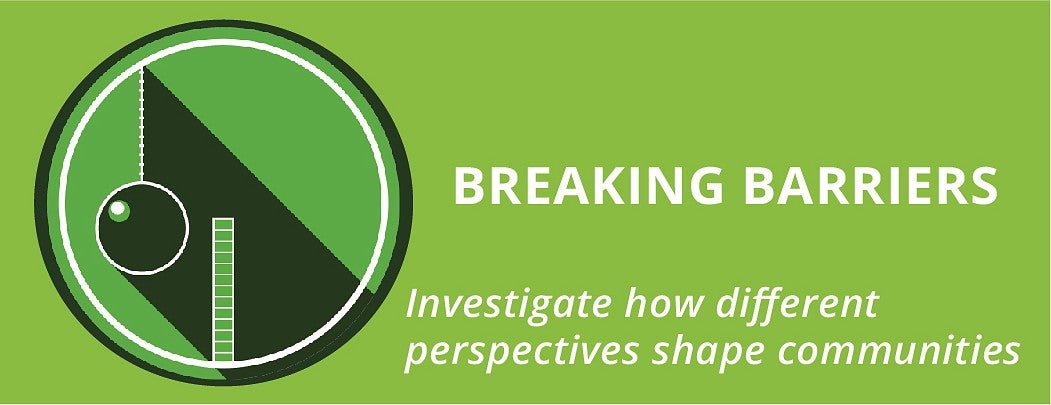
We examine the intersections of social change, politics, sex, the arts, and literature and draw comparisons between the American and the German Avant garde as a basis for discussion about social change today.
"I was surprised how easy it was to become invested in the role I played and the history I was learning about. I've never had a class more full of passion, laughter, and creativity - it’s unlike any other classroom experience I'll have, and I don’t think there’s a better way to truly learn about history.”
- UO Student Avery Miller on her experience within her Reacting to the Past course.
Students explore the intersection of topics by taking the following course package:
HIST 199 FYE Seminar - FIG Seminar, 1-credit
GER 251 Sexuality (German Culture and Thought) - CoreEd or major satisfying course, 4-credits
German/Austrian/Swiss-German literature and thought has been intertwined with the historical formation of sexual discourse and contemporary debates on sexuality. This course traces the dynamics of sexual relations and policies through the changing cultural and political landscape of modernity. Students will become familiar with new forms of representation and interpretation in contexts such as the rise of the nuclear family in bourgeois modernity, the rise of feminism, the emergence of psychoanalytic thought, the German avant-garde, the thematizations of incest, queer film, and social advocacy for homosexual and transgender rights.
HIST 211 Reacting to the Past - CoreEd or major satisfying course, 4-credits
Reacting to the Past (RTTP) is an award-winning series of immersive role-playing games that actively engage students in their own learning. Students assume the roles of historical characters and practice critical thinking, primary source analysis, and argument. Student will enter the bohemian enclave of lower Manhattan where men and women from all parts of the United States have gathered to experiment with new ways of living and thinking. These rebels not only reject the beliefs and values of their elders, they also hope to use their talents to create a New America for the new century. It is 1913. Two groups of activists seek social change: women from suffrage organizations ask Villagers to prioritize women’s political power through the vote, while labor organizers ask Villagers to support labor’s economic power through the strike.
Learn more about Professor Matthias Vogel in his Faculty Perspectives session on Engaged Humanities.
FIG Theme:

Flight Path Theme:

